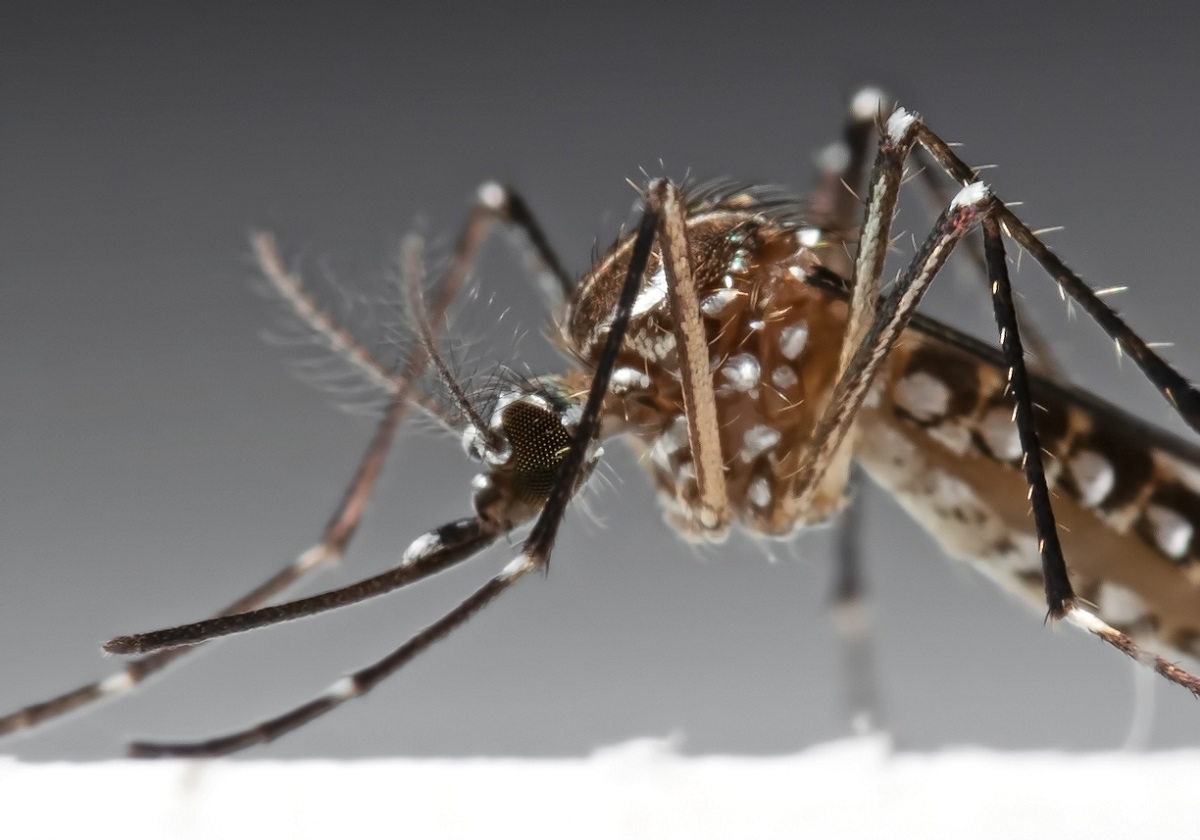
Scientists Develop Gene-Edited Mosquito to Help Eliminate Malaria
April 21, 2021| |
Scientists from the Imperial College of London used CRISPR-Cas9 technology to develop gene-edited mosquitoes that could possibly reduce their ability to spread Malaria. Though only a preliminary study has been done, the breakthrough could be used for a gene drive that can provide a new way to reduce illnesses and deaths caused by Malaria.
The researchers used CRISPR-Cas9 technology to insert a gene that encodes an antimalarial protein among genes that are turned on after the mosquito (Anopheles gambiae) consumes a blood meal. This allows a whole section of the DNA to also serve as a gene drive that can be passed on to most mosquito offspring. Then they bred the mosquitoes to determine if these can successfully reproduce and remain healthy. Further investigation was also made to test how well the Malaria parasite developed into the mosquitoes' guts.
While the preliminary study is promising, the scientists must still provide further evidence that this approach is safe and effective before releasing gene-edited mosquitoes into the wild. The next step is for the gene-edited mosquito to undergo a stringent regulatory process to make sure that it is safe and effective in blocking the Malaria parasite without raising concerns regarding accidental spread into the environment. The results of the study will advance gene drives closer to being tested in the field as an effective Malaria elimination strategy.
Read the complete results in eLife, with additional reports from the American Association for the Advancement of Science.
| |
You might also like:
- GM Mosquitoes Key to Stopping Zika Virus Spread
- WHO Refers to GM Mosquitoes as Beneficial Technology
- Scientists Explore on Genetic Transformation of Mosquitoes
Biotech Updates is a weekly newsletter of ISAAA, a not-for-profit organization. It is distributed for free to over 22,000 subscribers worldwide to inform them about the key developments in biosciences, especially in biotechnology. Your support will help us in our mission to feed the world with knowledge. You can help by donating as little as $10.
-
See more articles:
-
News from Around the World
- Researchers Identify Factors Affecting Critical Thinking toward GM Foods
- Brazil Approves Oxitec's Friendly™ Technology Against Fall Armyworm
- Multi-Institutional Effort Produces Comprehensive Guide for Communicating Plant Science
- Indian Farmers Lose Opportunity to Benefit from Bt Brinjal as GEAC Halts Field Trials
- JIC Study Reveals Genes that Control Growth Habit in Plants
- EFSA Report Says 98% of Pesticide Residues in Food in the EU within Legal Limits
-
Research Highlights
- Studies Show How Microbiome Affects Breeding of Apples and Oil Pumpkins
- Researchers Present Improved Direct PCR-based Technology for GE Plants Screening
- Success of Bt Brinjal in Bangladesh Opens Possibility for Two New Eggplant Varieties
-
Plant
- Scientists Develop Gene-Edited Mosquito to Help Eliminate Malaria
- Global Gene Editing Tools Market to Continue Excellent Growth
-
Health
- Experts Release Guidance on How to Communicate about COVID-19 Vaccine Efficacy
-
Read the latest: - Biotech Updates (February 18, 2026)
- Gene Editing Supplement (January 28, 2026)
- Gene Drive Supplement (February 22, 2023)
-
Subscribe to BU: - Share
- Tweet

